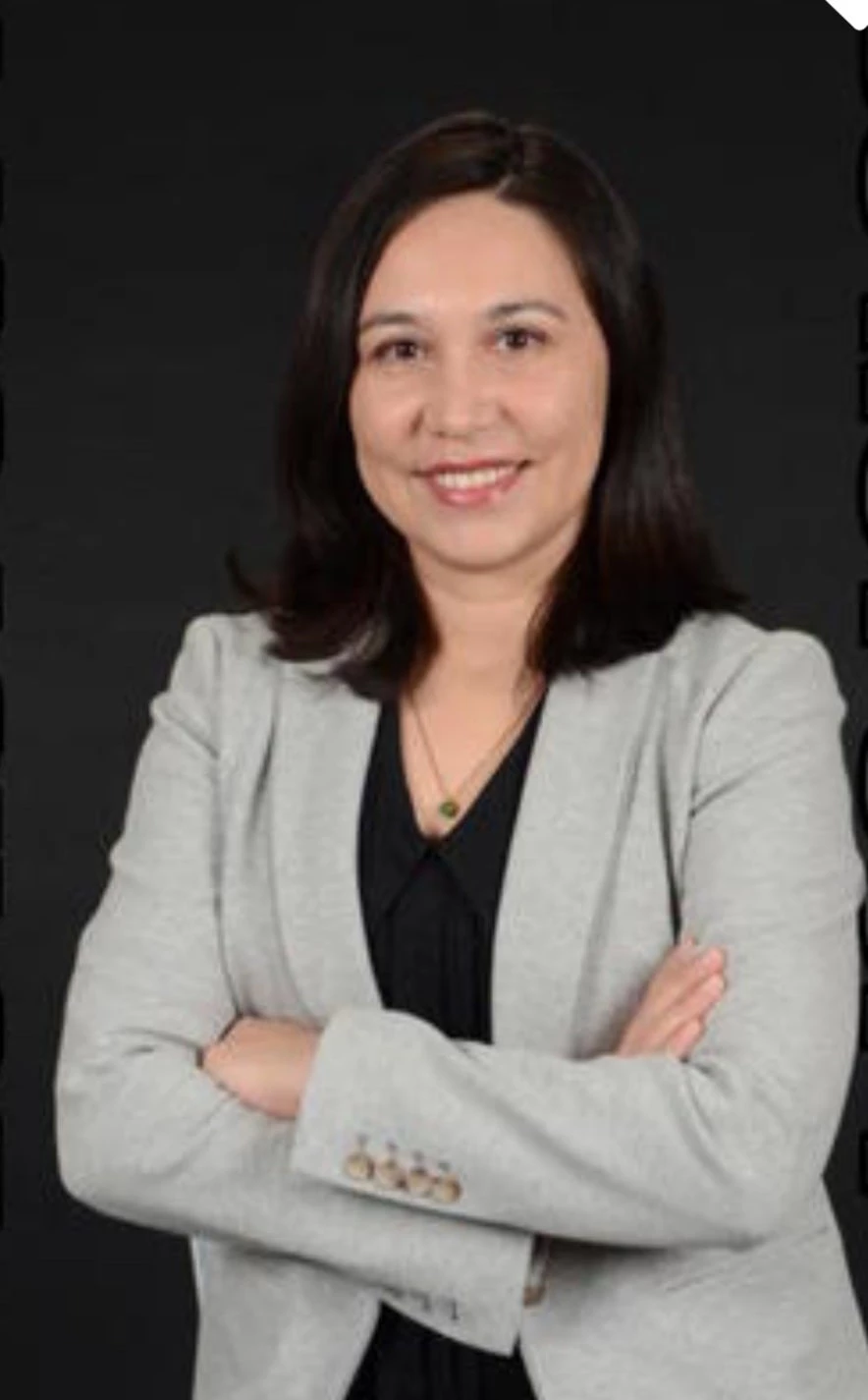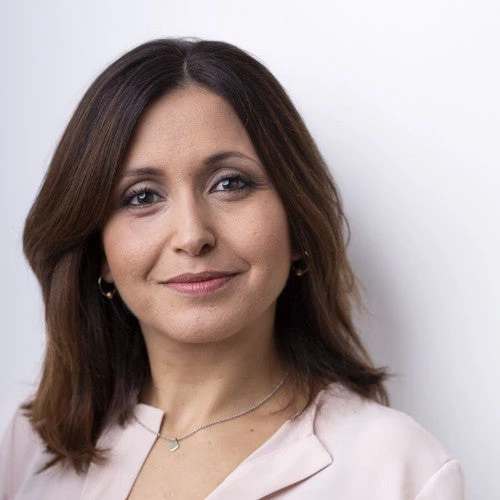
Thirty-one statisticians from across the MENA region engaged in 11 presentations and 12 Stata scripts during a 5-day workshop, a pivotal event for the MENA Poverty team in a region with limited publicly available data. Hosted from May 5th-9th in Kuwait, the workshop united counterparts from statistical agencies spanning Algeria, Egypt, Iraq, Jordan, Lebanon, Libya, Morocco, the Palestinian territories, Tunisia, and Yemen.
The objective? To deepen expertise in poverty estimation, crucial for guiding robust economic and social policies. This training was part of the WBG Academy on Data for Evidence-Based Policymaking, underscoring its importance in advancing regional development initiatives.
Other objectives were to highlight the importance of household survey data for policymaking; to share the latest best practices in building the consumption aggregate for poverty, inequality, and prosperity monitoring; and to give an overview of innovative sampling, survey design and welfare analysis tools offered by the Bank.
The core content focused on sampling, calculating household consumption, adjusting consumption for price differences, and finally, poverty estimation. To round of the week, we also conducted sessions on multi-dimensional poverty and the welfare impacts of fiscal policy.
The emerging message from all sessions was the importance of quality household survey data to estimate poverty, target beneficiaries for welfare policies, and understand the welfare impacts of fiscal policies. Alternative data sources including labor force surveys, administrative data, or phone surveys can help, but cannot replace household budget surveys which remain the gold standard to measure monetary poverty.
 Opening day group photo of participants, trainers, and organizers.
Opening day group photo of participants, trainers, and organizers.
Challenges and learnings
Working on welfare metrics in the MENA region poses significant challenges due to scarce and often inaccessible household data, exacerbated by ongoing fragility. Physical and geo-political constraints further hinder meetings with counterparts. However, the training course highlighted that these challenges are not insurmountable.
Statisticians and economists engaged in extensive discussions on grid-based sampling, defining the correct reference group for the Paasche index, and determining the composition of the food basket to establish a poverty line. Witnessing the dedication and passion of our counterparts tackling these technical issues was truly inspiring. The workshop provided a valuable platform for mutual learning among regional counterparts.
The training also yielded valuable lessons for the MENA Poverty team. Preparations started more than three months in advance to finalize the training material and arrange the official invitations, visas, and travel arrangements. The workshop was hosted at the IMF’s Middle East Center for Economics and Finance (IMF-CEF) in Kuwait, which provided wonderful logistics and financial support for all participants. We very much appreciated the value of the center’s seamless coordination with our participants and mission team members to get everyone together for the course. Simultaneous translation provided by the training center was a game changer, allowing us to overcome language barriers and engage in deep technical conversations.


The team navigated varying levels of Stata proficiency, familiarity with household surveys, and understanding of poverty estimation concepts. As presenters, we adapted by using visually compelling slides and multiple examples to ensure engagement and clarity, bridging language barriers and technical complexities effectively.
As Poverty Economists, we felt it was important to quantitatively assess the impact of this training. Organizing such events yields numerous intangible benefits, including disseminating the Bank’s latest guidelines, introducing new welfare indicators, and fostering stronger relationships with counterparts.
Tangibly, we measured learning outcomes through a pre- and post-course quiz on poverty estimation basics. Results showed an average increase of 1.6 points in quiz scores (see charts below), particularly notable in areas where initial understanding was limited, such as the treatment of durable goods and inclusion of items in consumption aggregates.
Participants provided positive feedback on the training. The IMF-CEF conducted an online feedback form at the course's conclusion to assess the reception of different training modules. While the Stata sessions posed challenges due to time constraints (both for participants and instructors), modules focusing on data analysis with software like Stata and R were highly requested for future courses.
A significant takeaway was that while a week-long course offers foundational knowledge and technical guidelines, ongoing training series, especially involving software, are crucial for systematic statistical capacity building.
Building on this foundation, we eagerly anticipate future capacity-building workshops that unite statisticians and economists from the region to learn, exchange experiences, and foster collaboration.










Join the Conversation